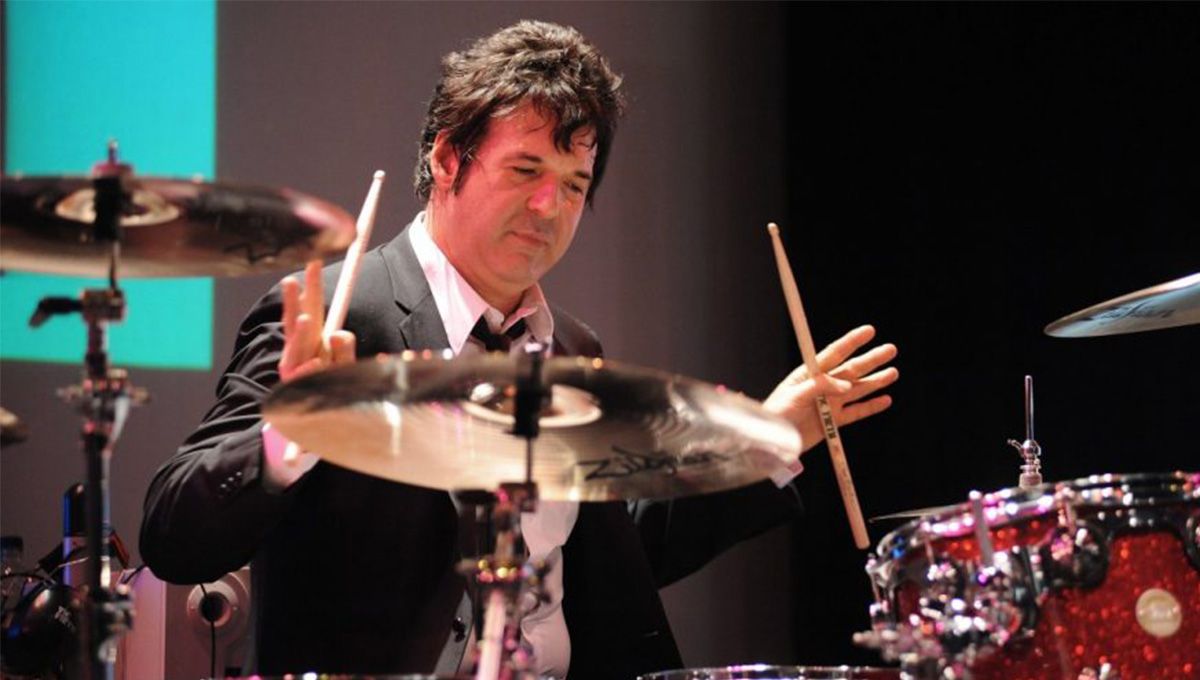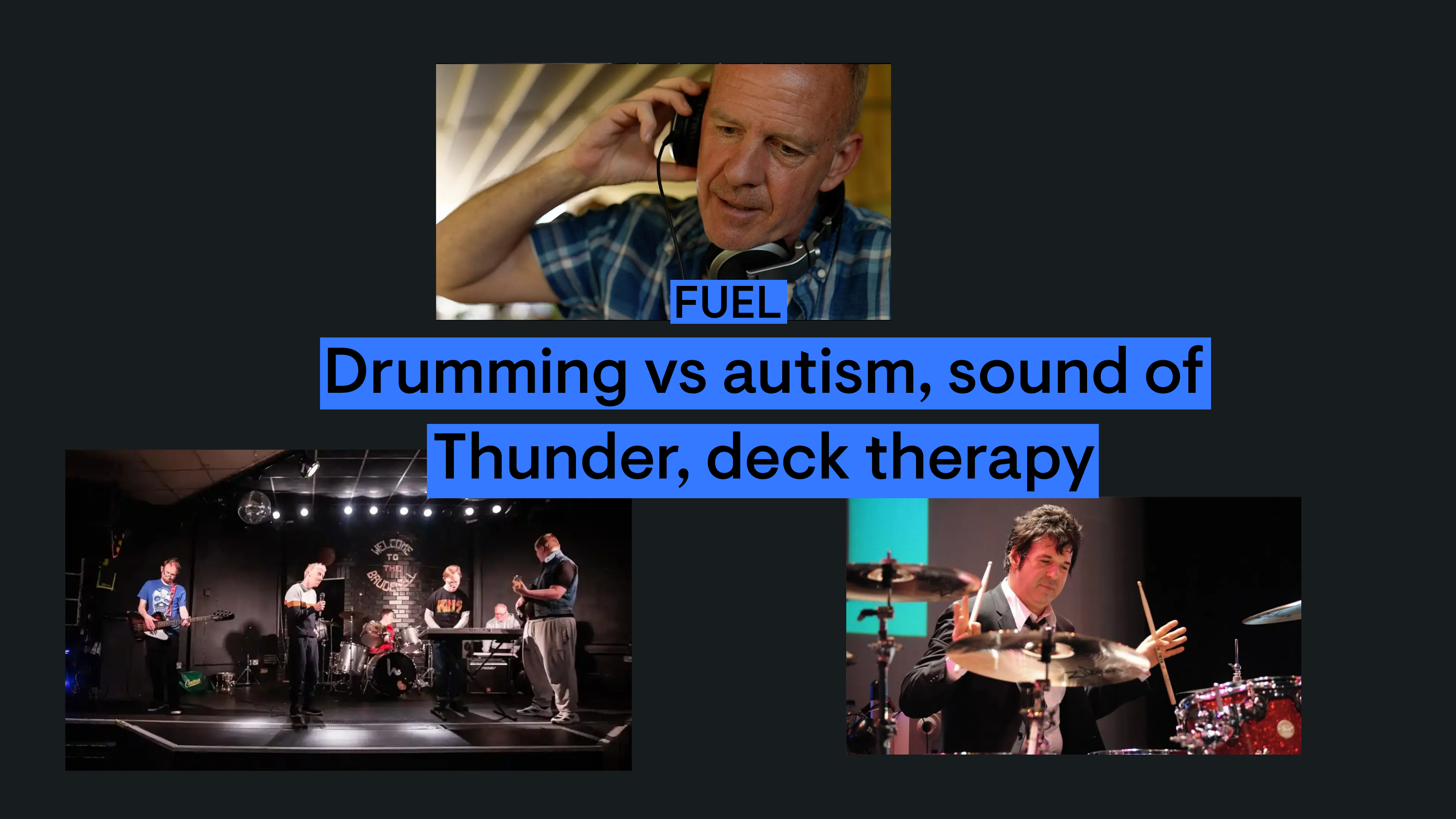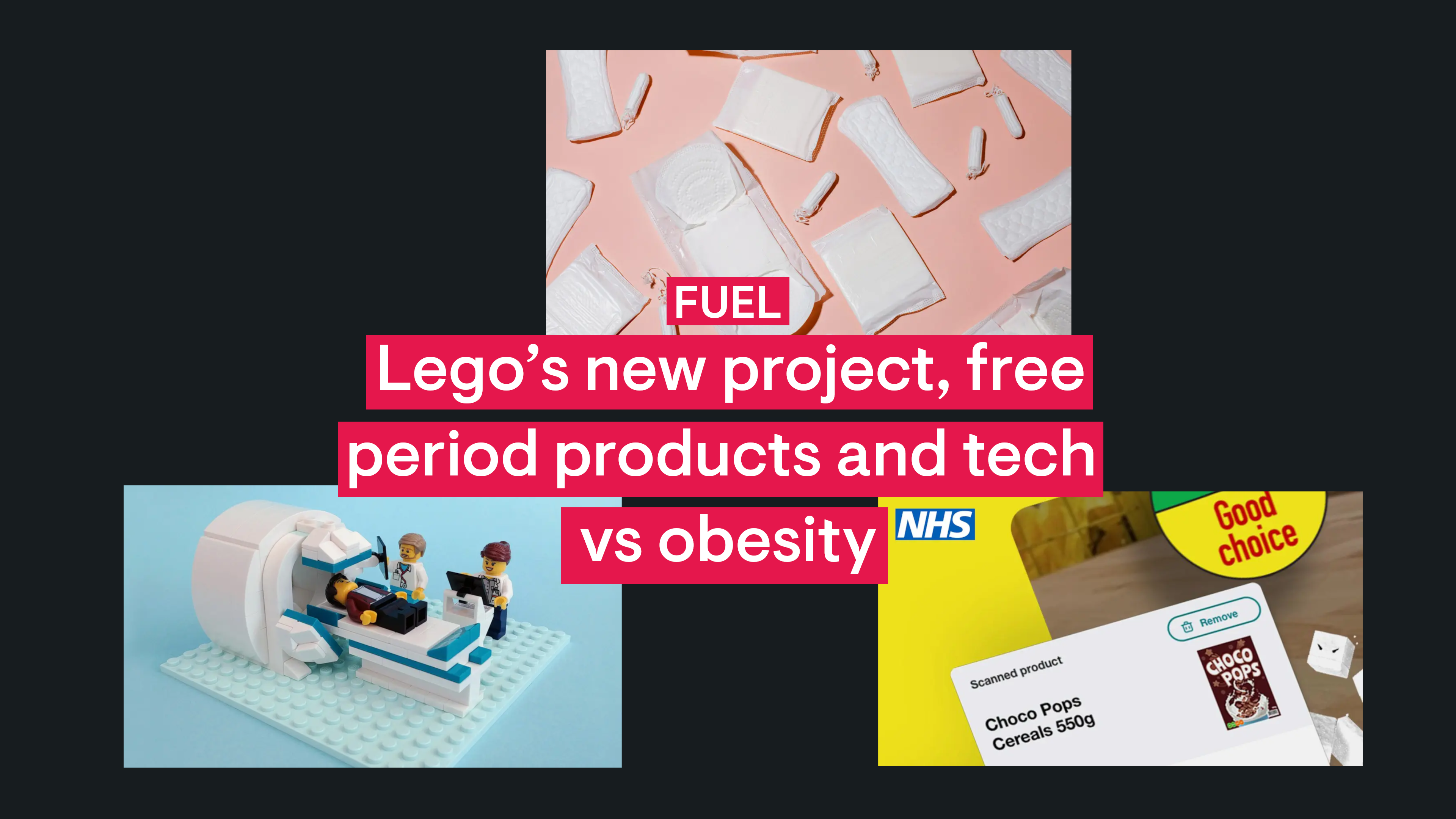And so, as the Thompson team returns from Glastonbury, weary, sunburned but strangely elated, we're asking, 'What makes music such a powerful therapy?' It seems we're not the only ones asking. Increasingly, the therapeutic value of music is being recognised, especially for those with mental health challenges. At the same time, the act of coming together and making music is by its very nature, a bonding and inclusive experience for any community. So, let's count it off:
• Drumming for autistic kids
• Ultimate Thunder
• Mixing for mental health

Beating autism
A scientific study supported by Blondie drummer Clem Burke has revealed that playing the drums can bring real benefits for young people with autism. Experts from the universities of Chichester, King’s College London, Hartpury and Essex found that playing the instrument tuned brain networks in autistic children in as little as eight weeks. Volunteers aged 16-20 took two 45-minute lessons every week for two months and were given MRI scans before and after the programme. The scans revealed changes to brain function which were linked to overall behaviour – participants who'd worked on their drumming skills showed fewer signs of hyperactivity, inattention and repetitive behaviours, and demonstrated better control of their emotions.
Nick Hynes, our Head of Brand Voice, says:
“As a drummer, and a father of autistic twins, obviously I'm inclined to agree that drumming has its benefits. It's completely absorbing, it's physically demanding and it's a great way to connect and communicate with others in the context of a band. So I can see how it works for autistic kids on a number of levels. It's also great fun to beat the living sh*t out of a set of tubs. The only downside here is for my wife – she has to share a house with three drummers.”

Ultimate Thunder
A gig with Leeds' post-punk band Ultimate Thunder is a live music experience like no other. You never quite know what's going to happen. And neither do the musicians on stage. Everyone in Ultimate Thunder except guitarist James Heselwood has learning disabilities. Several members of the band are almost or exclusively non-verbal, and the others often communicate in a non-linear fashion. Improvisation is their speciality. It starts with a guitar riff, the drums kick in and vocalist Matthew Watson delivers a surreal stream of consciousness. Or not. He has been known sometimes to remain silent throughout. The band has performed a series of gigs alongside non-disabled bands and received a £43,000 grant from the Arts Council to record and release their debut album. 'Ultimate Thunder' is available from July 21st.
Al Connolly, our Designer, says:
“Amazing to see this Leeds band paving the way. So much music I listen too is structured and predictable, even going to a show you more or less know what you’re going to get. Ultimate Thunder throw all that out the window and fully embrace the chaos. Ace to see Leeds based charity Pyramid and the Arts Council supporting music projects like this!”

Mixing for mental health
NHS charity, Heads On has joined forces with superstar DJ Norman Cook (aka Fatboy Slim) to support young people recovering from mental illness. Cook is hosting a series of Brighton workshops which allow participants to get hands-on and immerse themselves in the joy of decks. It's all part of a scheme designed “to break down the stigmas around mental illness, to build people’s confidence and to have really high-class music workshops in really nice venues," says Natalie Rowlands, senior occupational therapist at Sussex Partnership, who organised the events. "A lot of the people here have been musical in the past, but they’ve gone through so much, they’re coming out of it again, and this gives them an amazing opportunity.” The road to recovery starts right here, right now.
Chris Skelton, our Creative Director, says:
“Praise you, Norman! This is a great idea. Not only is it a fun and interesting enough activity to get people out of the door, but it’s something that involves music (and dance!), all of which have been proven to stimulate the release of endorphins and support improvements in stress, anxiety and low mood.”




